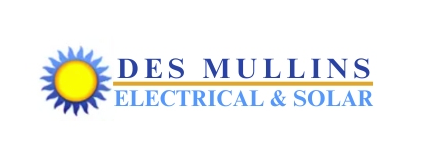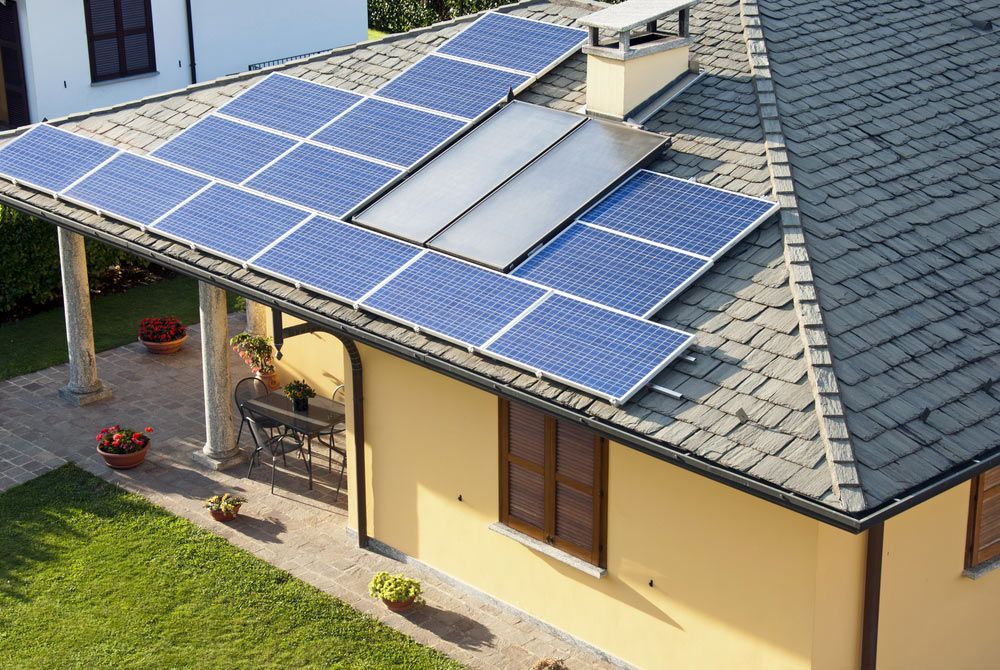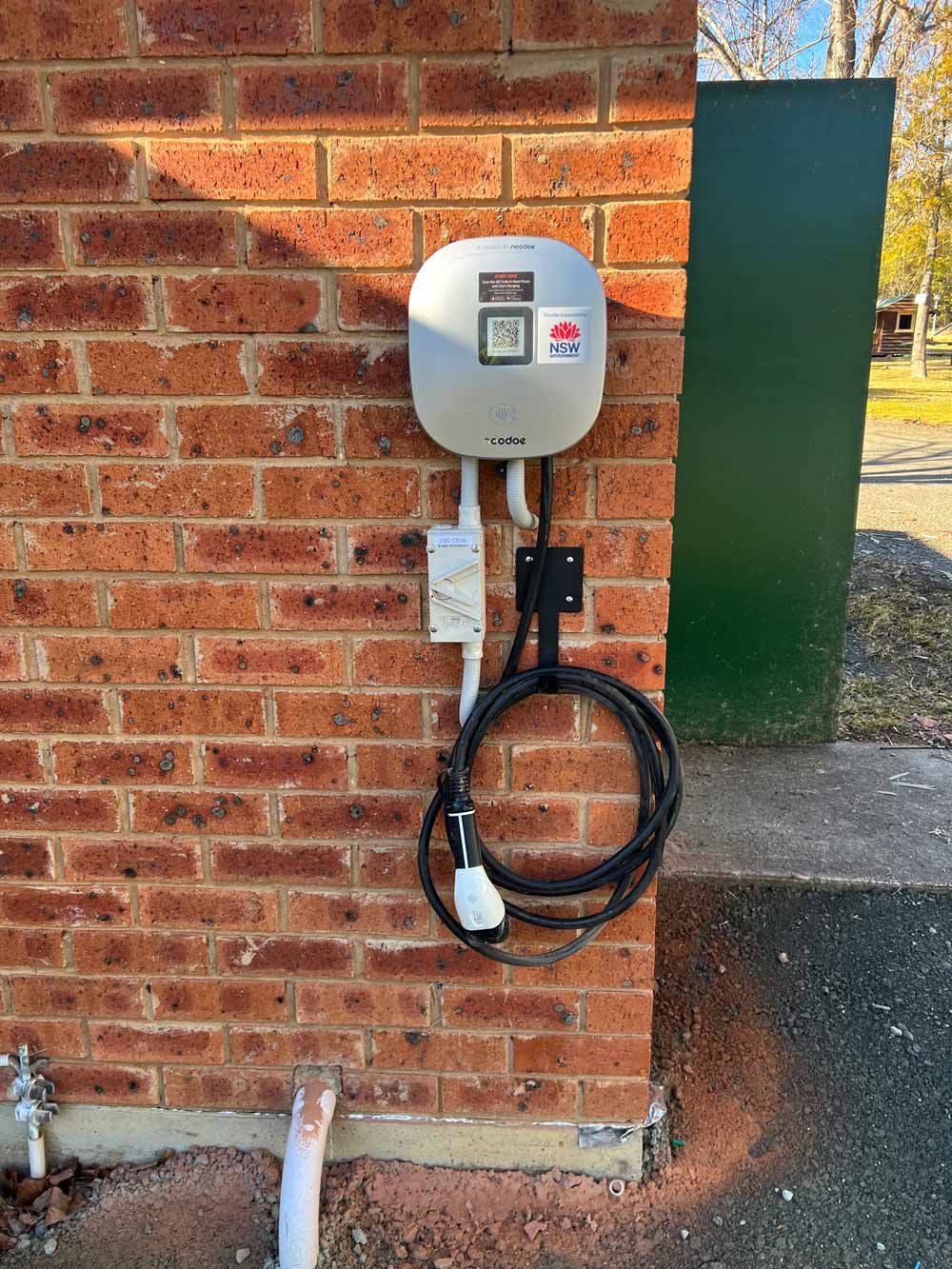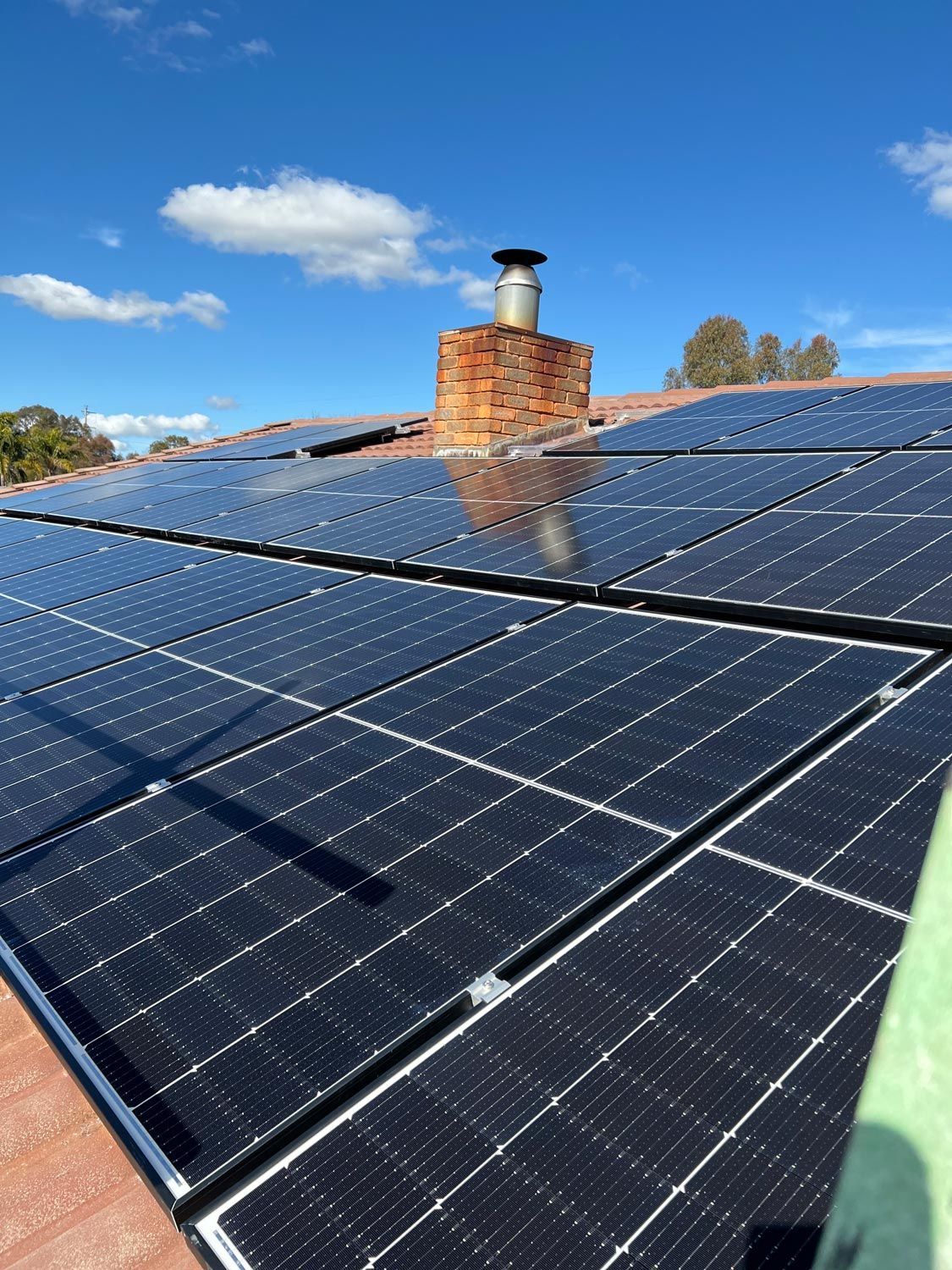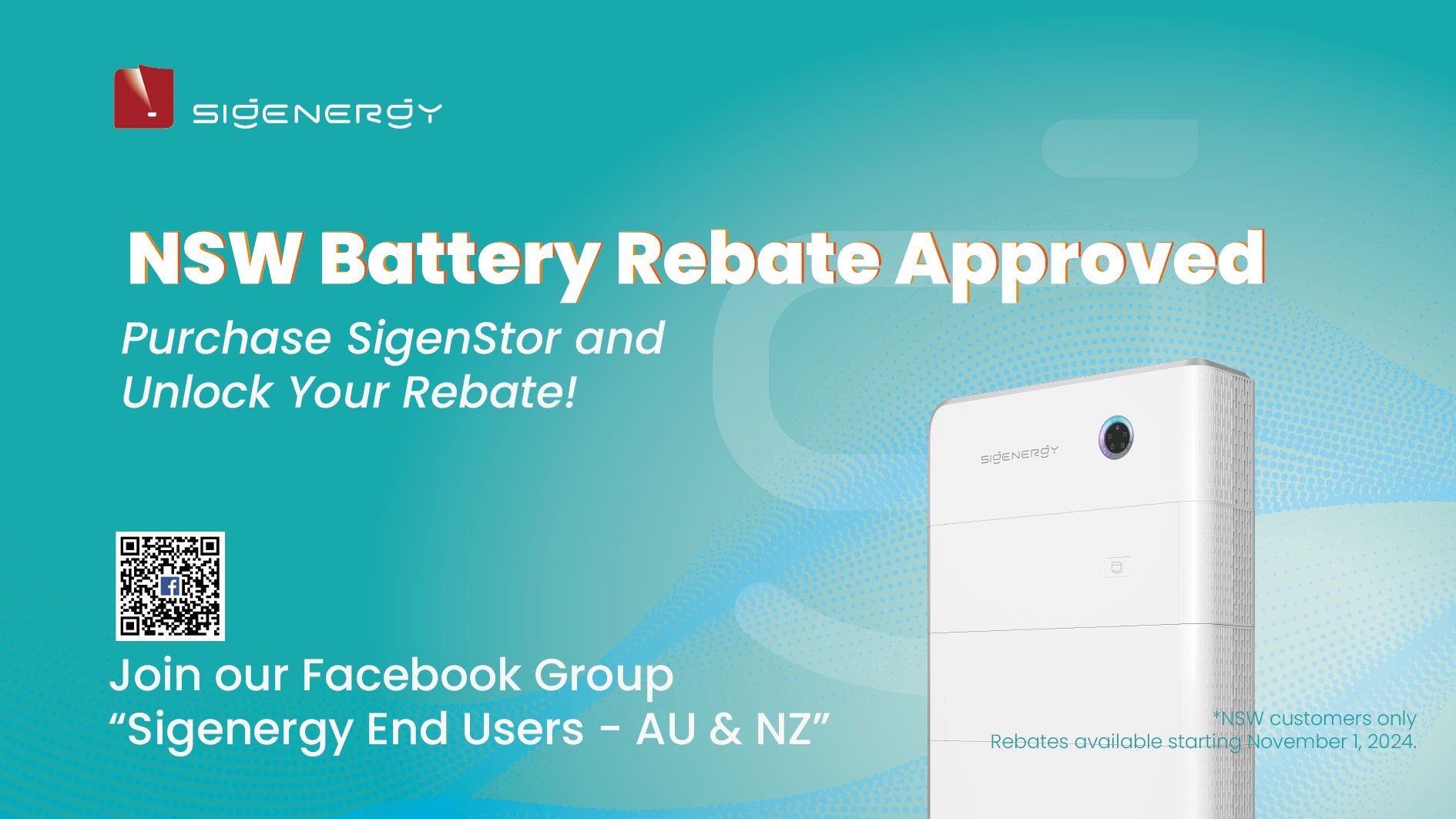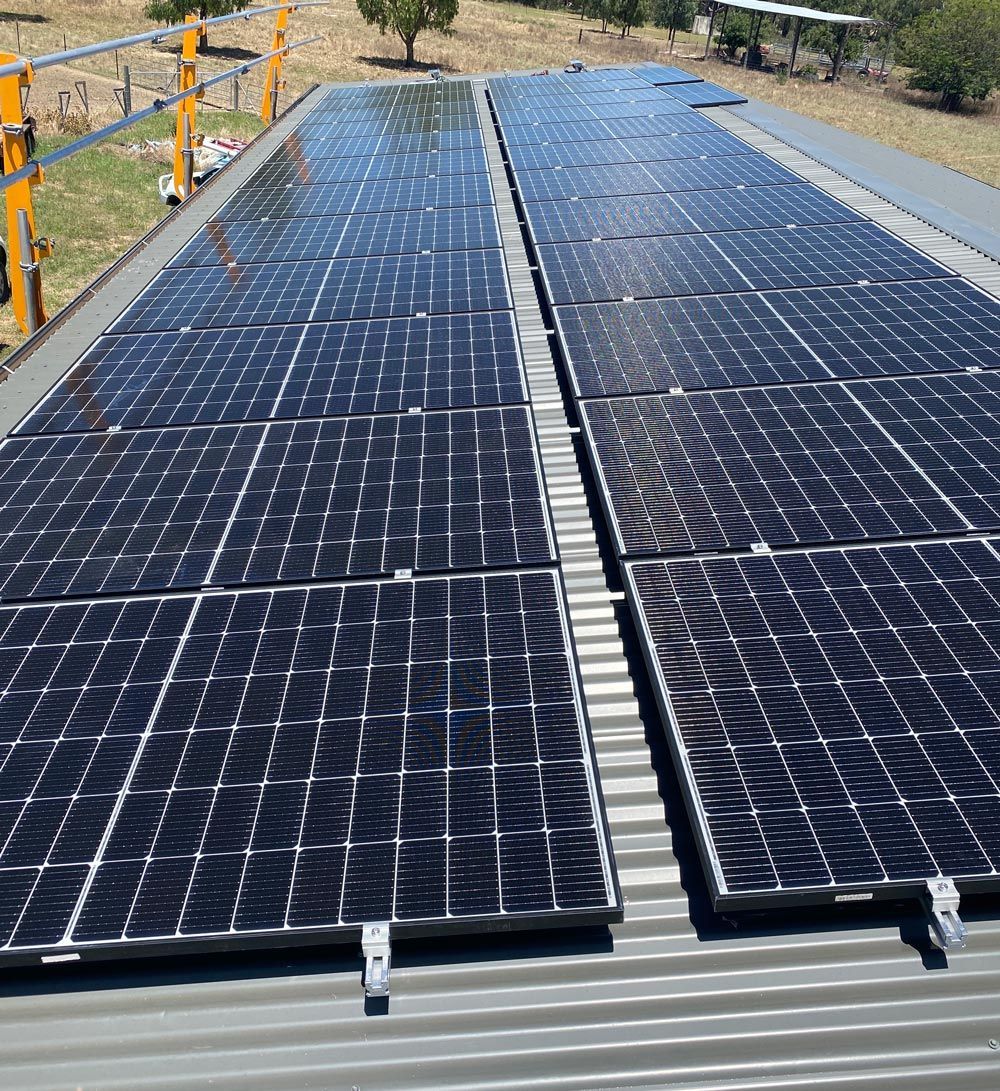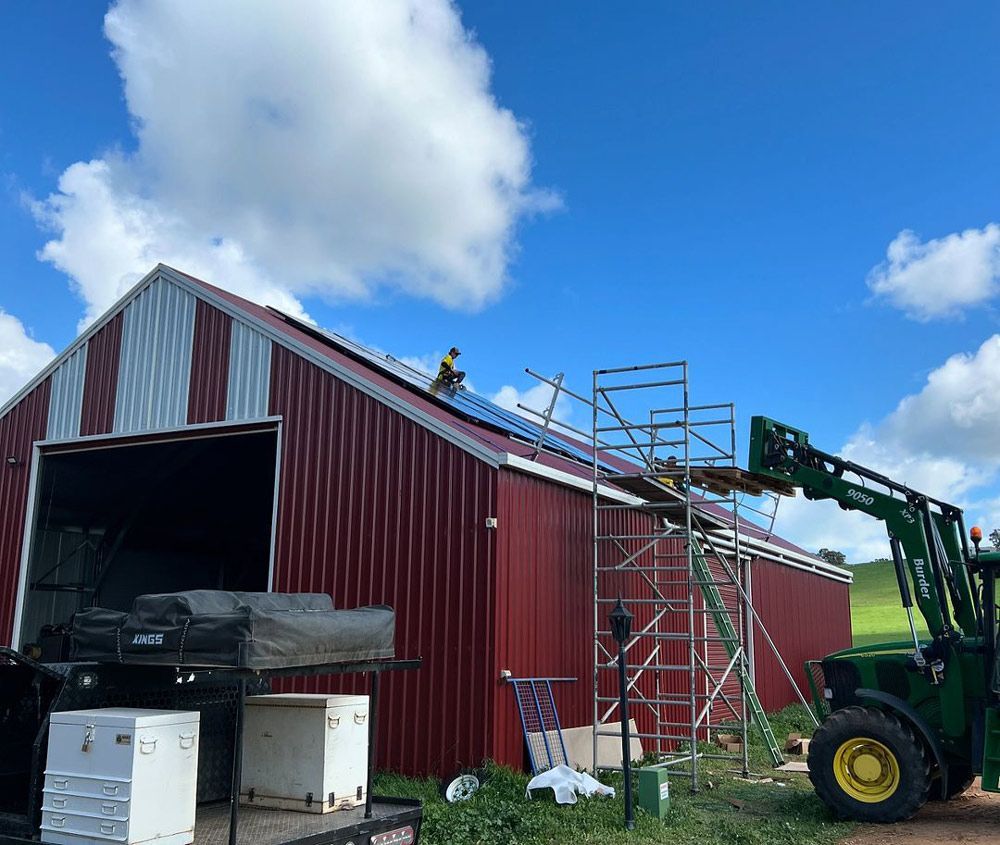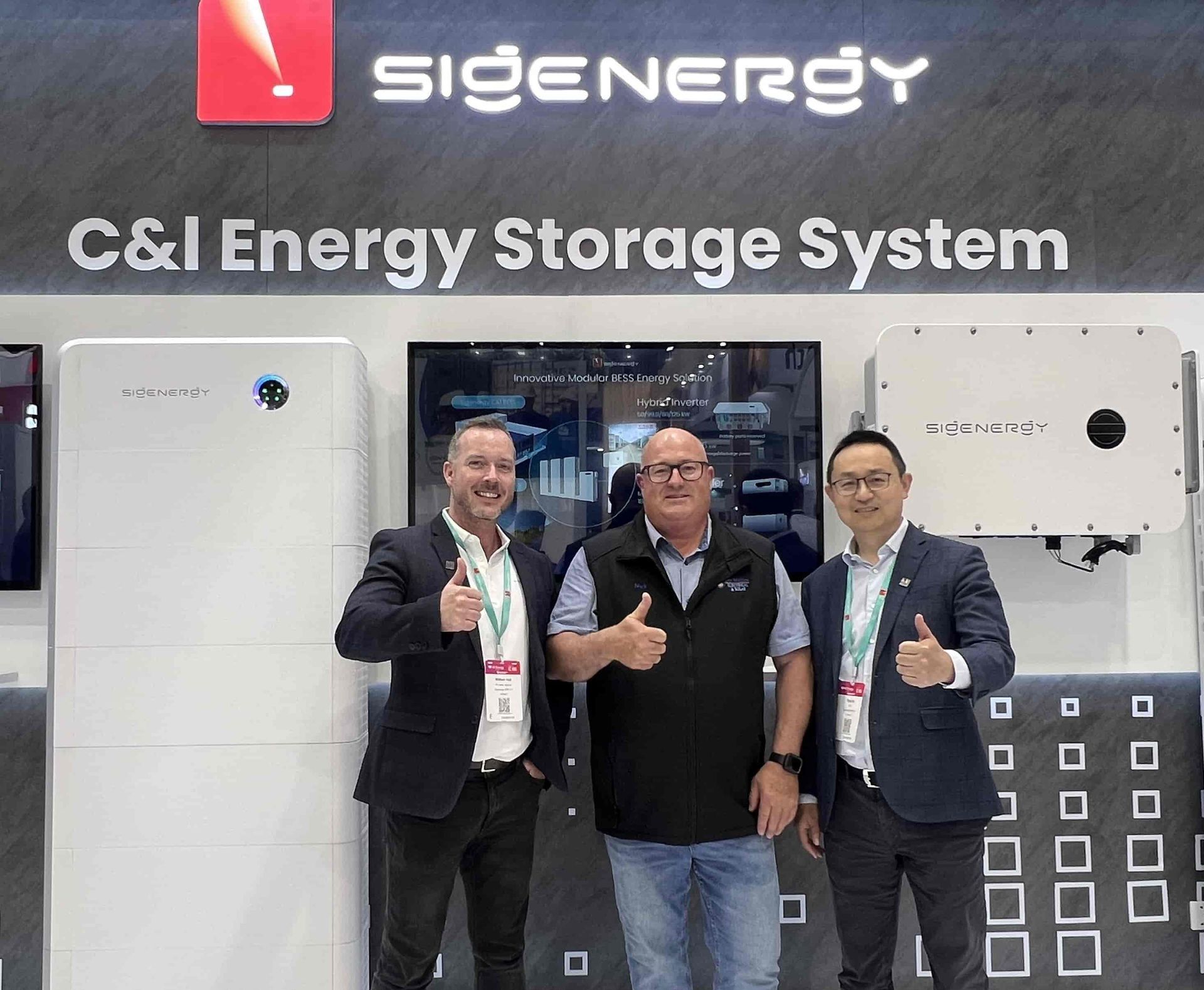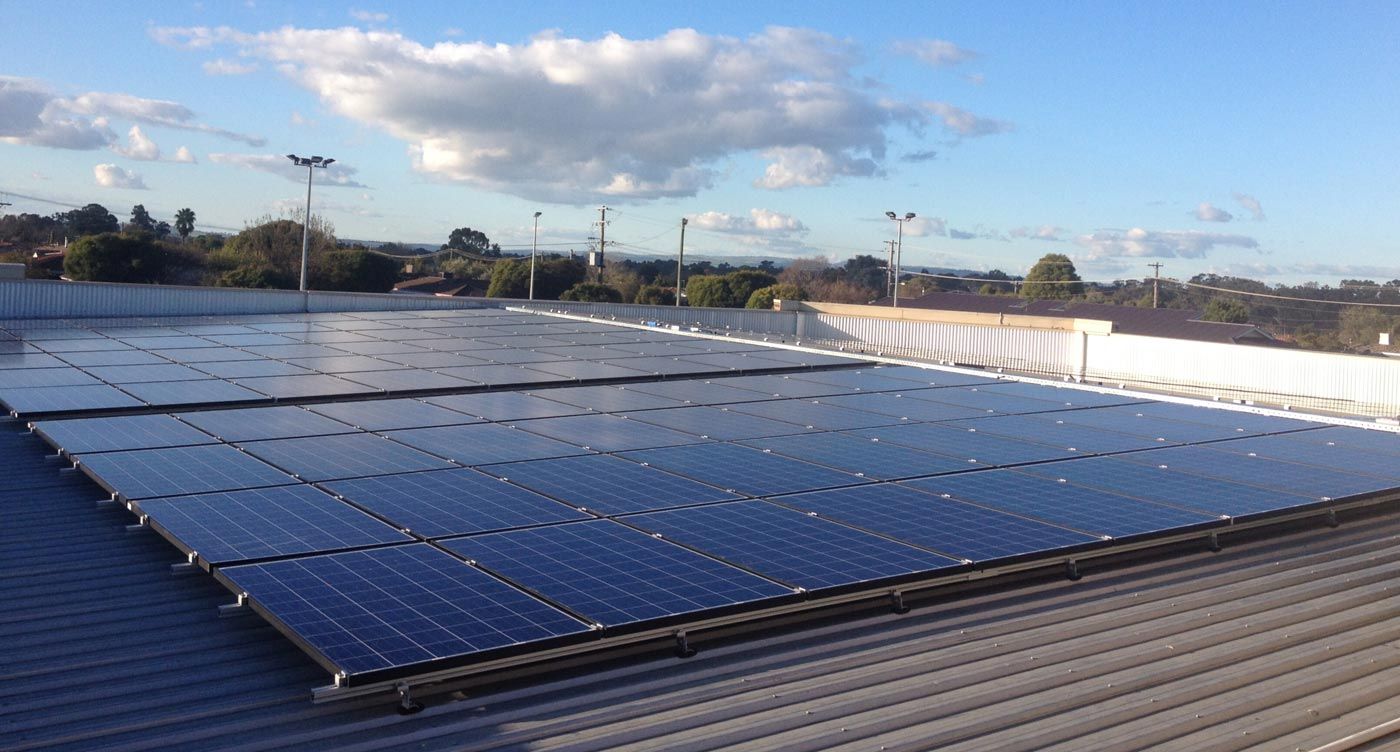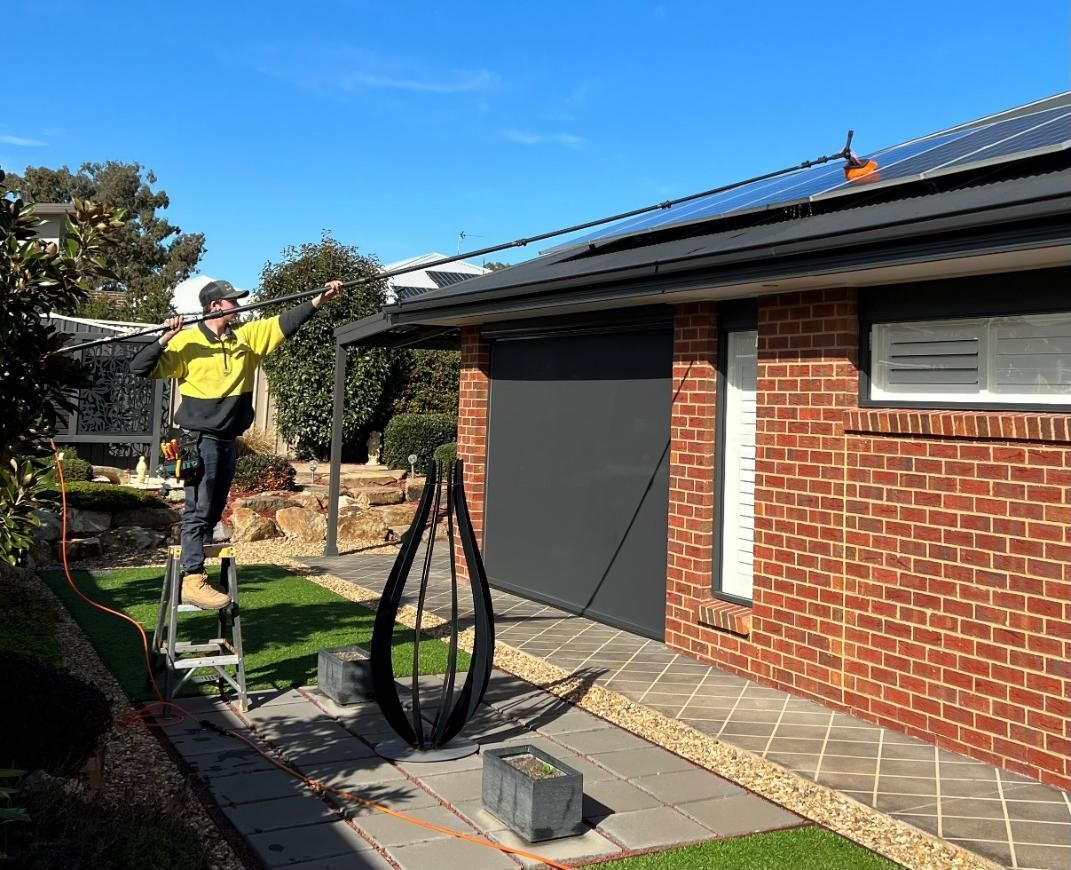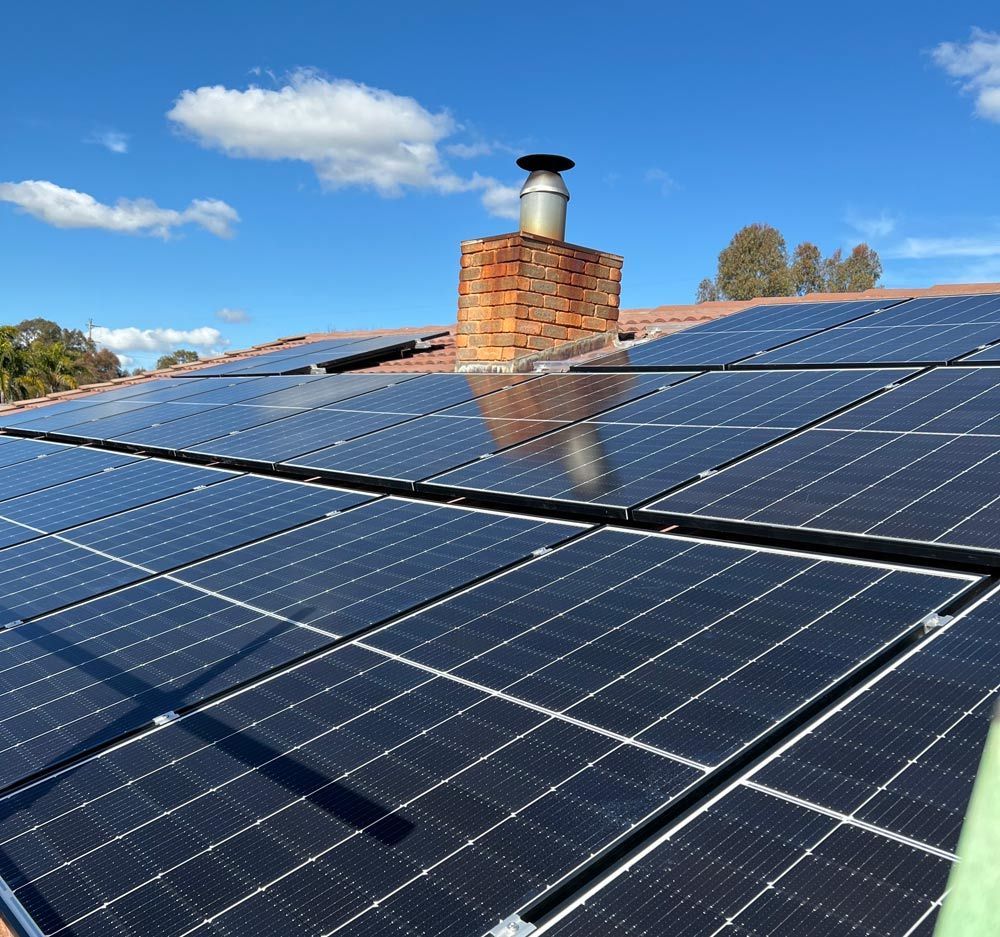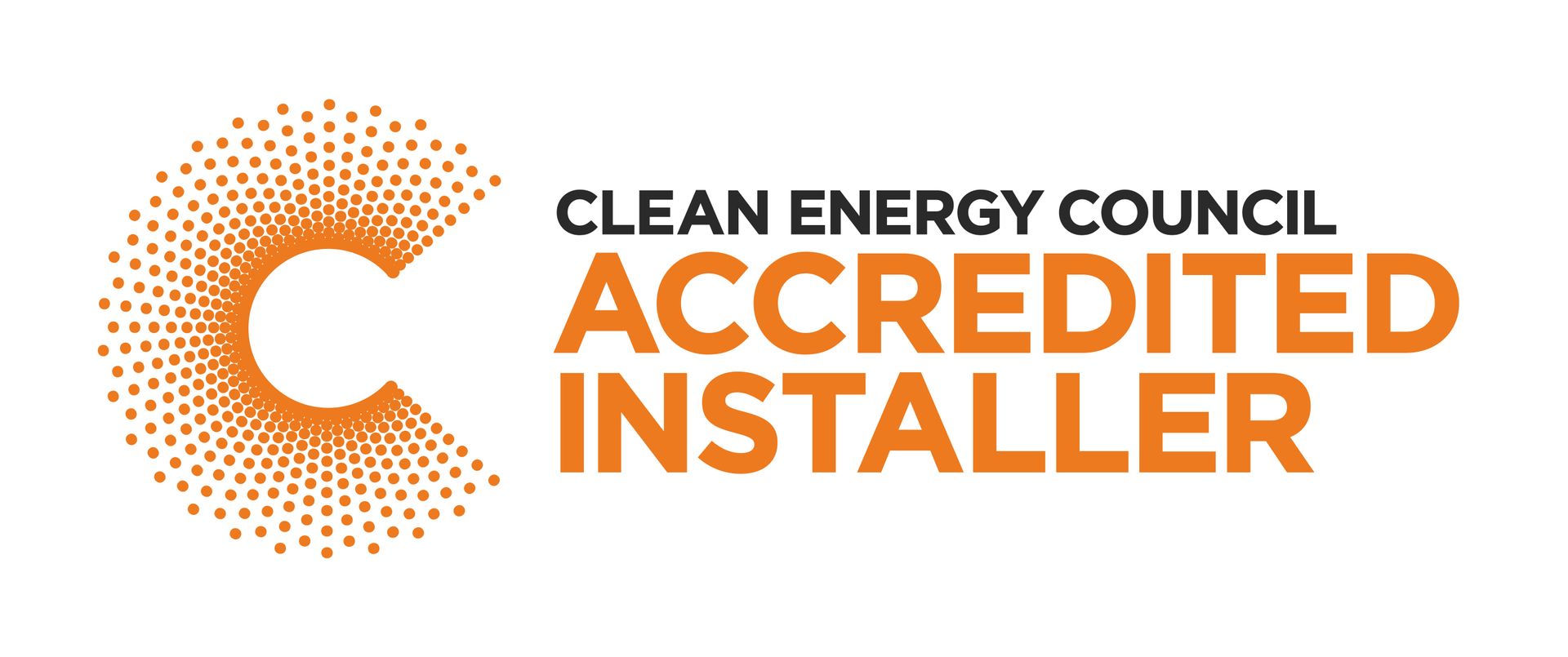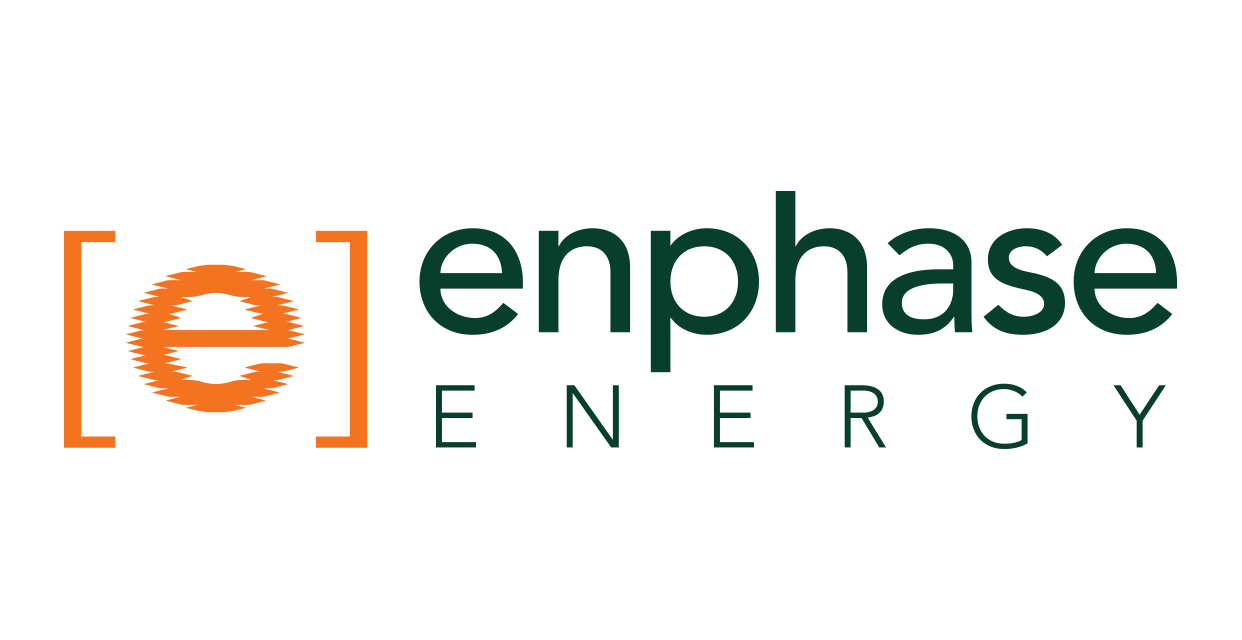The Basics Of Solar Energy: What You Need To Know
For homeowners exploring renewable energy options, solar power is one of the most accessible and cost-effective solutions available today. With the rising cost of electricity and an increased focus on sustainability, installing solar panels has become a smart choice for households across Australia.
If you’re just beginning to look into solar in Wagga Wagga or want to understand how the system works, this guide covers the key points—what solar energy is, how it works, and why it’s worth considering for your home.
Table of Contents:
What Is Solar Energy?
Solar energy is power generated by capturing sunlight and converting it into usable electricity or heat. Solar panels collect photons (light particles) from the sun and convert them into direct current (DC) electricity. A device called an inverter transforms that DC electricity into alternating current (AC), the type of electricity used in homes.
Solar power is clean, renewable, and abundant, making it a sustainable alternative to fossil fuels. Once installed, solar panels provide energy from a free natural source—the sun—reducing both power bills and your environmental footprint.
How Do Solar Panels Work?
The key components of a residential solar energy system include:
- Solar Panels – Installed on your roof to capture sunlight and convert it into DC electricity.
- Inverter – Converts the DC electricity from your panels into AC electricity for use in your home.
- Solar Battery (optional) – Stores unused electricity for use during the night or on cloudy days.
- Monitoring System – Allows you to track your system’s performance and energy savings.
As long as sunlight is available, the system will continue to generate electricity. Even on cloudy days, solar panels can produce power, though at reduced efficiency.
What Are The Benefits Of Solar Panels For Homeowners?
Installing solar panels in Wagga Wagga offers multiple benefits beyond just lowering your electricity bill.
Reduced Electricity Costs
Solar panels generate electricity that powers your home during daylight hours. By using less power from the grid, you can reduce your electricity bills significantly. Over time, many households see a strong return on investment.
Environmental Impact
Solar energy produces no greenhouse gas emissions, making it an environmentally friendly energy solution. Reducing reliance on coal-powered electricity helps decrease your carbon footprint.
Energy Independence
With solar, you’re less affected by energy price hikes and grid outages. Systems with battery storage allow you to use your own electricity even during blackouts.
Government Incentives
Government rebates and feed-in tariffs are available to homeowners installing solar systems, helping to lower the upfront cost. These incentives vary by state but are still available in many areas.
Property Value Increase
Homes with solar installations can appeal to environmentally conscious buyers and may increase in market value due to lower long-term running costs.
Is Solar Right for Every Home?
Solar is a suitable option for many homeowners, but it’s important to assess your property’s layout and energy usage before investing.
Factors to Consider:
- Roof Orientation and Angle – North-facing roofs typically capture the most sunlight.
- Roof Condition & Space – Panels need a sturdy surface and adequate space.
- Energy Consumption Patterns – Solar is most effective if your household uses power during the day.
- Shading – Trees or nearby buildings can reduce a system’s performance.
A professional solar provider can assess your home and advise whether solar is a cost-effective solution for you.
Understanding Grid-connected Vs Off-grid Systems
There are two main types of residential solar systems:
Grid-Connected Systems
Most common for homes, these systems are connected to the local electricity grid. They allow you to draw power from the grid when needed and send excess solar power back, often earning credits via feed-in tariffs.
Off-Grid Systems
These are independent systems that rely on solar panels and batteries to meet all energy needs. They’re typically used in remote locations where grid access is limited.
Grid-connected systems tend to be more affordable and convenient for urban and suburban homes, while off-grid systems are more complex and require larger battery capacity.
What Is Involved In Installing Solar Panels?
The process is straightforward when working with an experienced installer:
- Consultation & Site Assessment – A technician inspects your roof and energy usage to determine the best setup.
- System Design and Quote – A tailored system is proposed to meet your needs, factoring in household usage, roof orientation, and budget.
- Installation – Professional installers set up the panels, inverter, and any battery components with care and precision.
- Grid Connection and Approval – If grid-tied, your system is connected to the network after approvals from your energy provider and local authorities.
- Monitoring Setup – Apps or digital tools allow you to track energy usage and system performance in real time.
Once installed, solar systems require minimal maintenance and can last 20–25 years or more, depending on product quality and environmental conditions. Regular system checks and occasional cleaning help maintain optimal efficiency throughout the lifespan.
Why Choose Professional Installation?
When it comes to solar installation, working with a qualified provider ensures your system is:
- Sized correctly for your household
- Installed to meet Australian safety standards
- Positioned for maximum efficiency
- Backed by performance warranties and service support
A trusted installer will guide you through product selection, rebate options, and long-term energy savings. They can also assist with required permits and paperwork, making the process smoother from start to finish. With expert insights, you can avoid common installation pitfalls and get the most out of your solar investment.
Start Your Solar Journey Today!
Making the switch to solar offers a cleaner, smarter way to power your home. With the right system, you can reduce your energy costs, protect the environment, and take control of your electricity usage.
At Des Mullins Electrical & Solar, we provide expert advice and quality solar panels in Wagga Wagga, tailored to suit your home and energy goals. Whether you’re new to solar or ready to upgrade an existing system, our team ensures a seamless experience from consultation to installation. Contact us today to learn more about installing solar in Wagga Wagga and take the first step toward energy independence.
